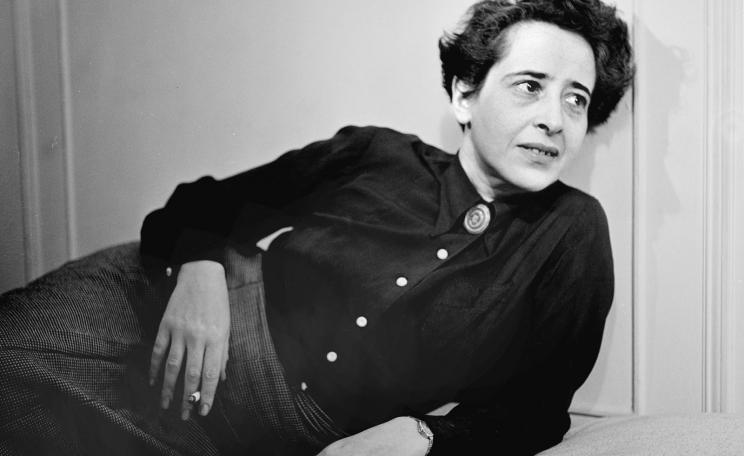In mainstream economic theory, the Rational Economic Man is a device to help us explore how people behave in economic situations, but like the golem of Jewish myth, he appears to have taken on a life of his own.
Forgetting his origin as a conceptual model, the rational economic man (REM) has now become a role-model, so that we have politicians who show off their lack of need for sleep or their ability to negotiate all night, with evident pride in their ability to deny their physical existence. While the rest of us eye our alarm clocks with disgust and look longingly out of the window at the sunny grass, the REM springs forth, already besuited and alert, to make greater profits and avidly maximise his utility.
The REM lies at the heart of the neoclassical economist’s theorising about how economic systems are organised. The utility he seeks to maximise is a narrow, materialistic concept and his mechanism for expanding it is the capitalist marketplace. The assumption that this is how human beings – of both genders – behave makes possible the complex, mathematical theorising - the balancing of supply and demand - that justifies the way we organise our economy.
No sleep for the REM
In his iconic form the rational economic man is the antithesis of the earth mother; no wonder he is the target of so much ecofeminist invective and/or sympathy. Their critique focuses on the artificial way that this market agent is invulnerable, having no need for rest, sleep or periods of sickness. He arrives fully formed as a worker or consumer, with no account being taken of his childhood or education, a process that is likely to have been dominated by women.
For ecofeminists the inability of standard economic theory to consider this ‘reproductive’ rather than ‘productive’ labour leads to an unbalanced economy which values only the work that is paid for and designates the private sector as the source of wealth creation while the public sector is only a drain. At a larger scale, this is mirrored by the refusal of the human economy to admit its dependence on the natural world, and hence explains our ability to destroy our own life-support system.
But the influence of the concept of the rational economic man is more insidious. The radical US economist Robert Frank conducted some fascinating research which demonstrated that students who were attracted to studying economics were already more likely to behave selfishly than others students, but also that the rational self-interest model they studied reinforced this behaviour. When these students then leave to become policy-makers they carry with them a model of an economy as competitive and ruthless rather than co-operative and caring; and they nurture a self-image of invulnerability and intellectual superiority.
Stallions or ponies?
Boasting about your ability to keep going all night is embarrassing enough when it refers to bedroom activities, but when it comes to burning the midnight oil in the Treasury to save the global financial system things have surely descended into farce. If you have grown up with the REM as your role-model, however, this makes perfect sense. To a trained economist the body, with its unpredictable proclivities and refusal to be controlled, is a source of distress. Within this dominating ideology it may seem less surprising that David Laws (a double-first in economics from Cambridge) was more ashamed of his sexual orientation than his excessive expenses claim.
If we feel uncomfortable with the role that the economy has created for us — and an even stronger sense of the tension between the economy and the ecological system it must live within — this may be because it was designed by the rational economic man. A shell, a beautiful mind, but with no body attached.
Useful reading
‘Does Studying Economics Inhibit Cooperation?’, Journal of Economic Perspectives, 7/2 (1993): 159-71.
| READ MORE... | |
 |
HOW TO MAKE A DIFFERENCE 10 steps to creating your own local currency Local currencies ensure that money spent at local shops gets reinvested in the community and fosters community spirit and involvement. Learn all you need to know to get one started in your area... |
 |
COMMENT Stop the big pubcos taxing our local pubs out of existence Pubs are closing everywhere, and in many cases there's a simple reason behind the shuttering of the local... |
 |
NEWS ANALYSIS BP oil spill: can environmental crime ever be made to pay? Million dollar fines and compensation claims may dent the profits of BP and other companies admitting responsibility for ecological disasters but, on their own, are they enough of a deterrent? |
 |
HOW TO MAKE A DIFFERENCE Saving and rebuilding community shops Mourning the loss of your beloved local shop? With a little help from the Community Shops Network, you can set up and run your own shop and post office... |








